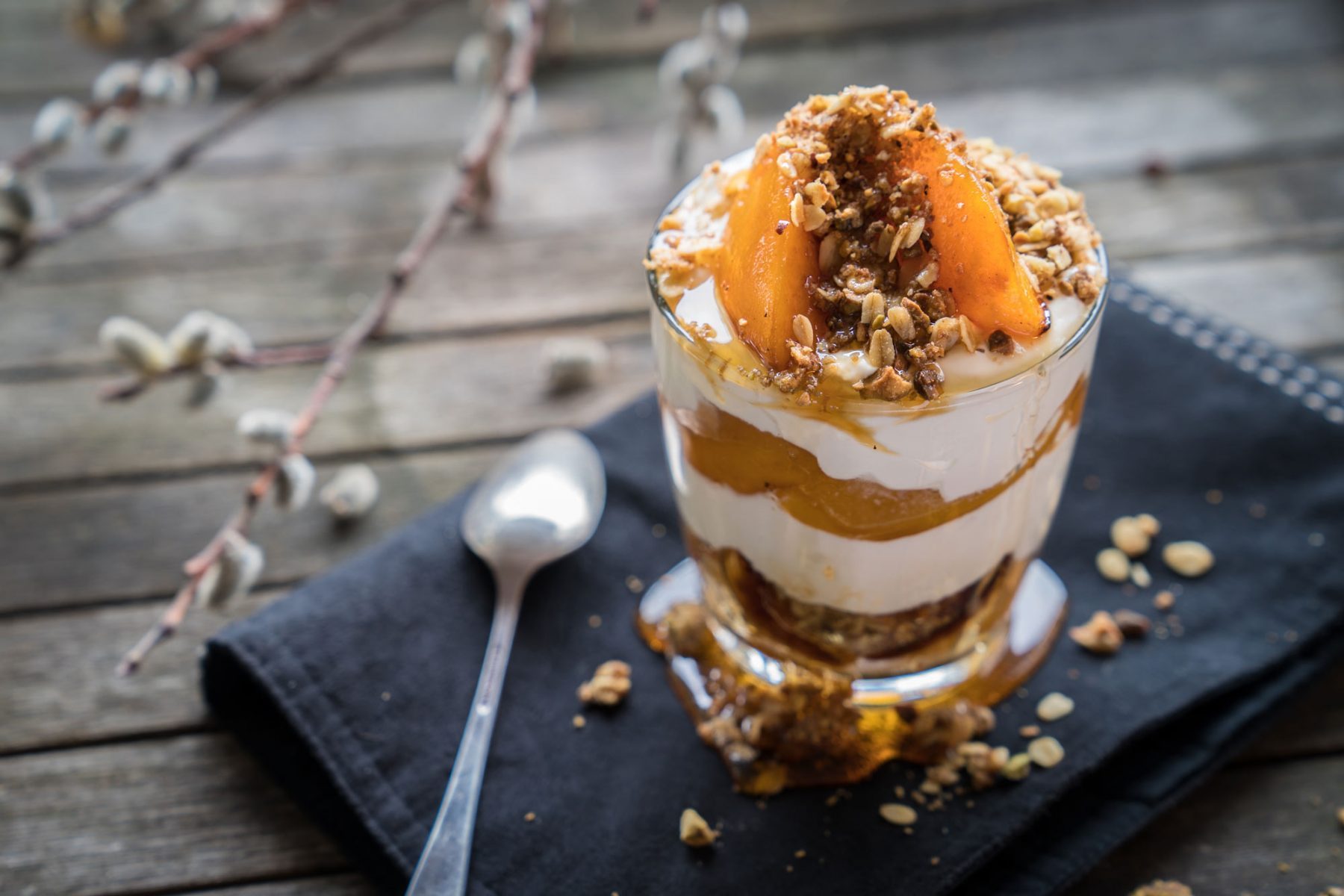I bet you’ve heard about the horrors inflammation a thousand times by now. Every doctor and health professional is singing the same old tune – chronic inflammation is the leading cause of disease.
While inflammation has been connected to many big health concerns, like; heart disease, diabetes, and cancer, inflammation isn’t always bad.
Ya, it’s true. It isn’t always bad. It can even be healing!
Acute vs. Chronic inflammation
Inflammation always starts the same way. Your immune system mobilizes certain immune cells and sends them out to heal injured tissue in the body. Like a cut in your skin or an injured joint.
It also increases the blood supply to the area, giving the injury it’s “inflamed” look. The extra blood is bringing warmth, nutrients, and immune cells to the injury. It’s the magical act of healing.
Without inflammation, we wouldn’t be able to heal from the everyday wear and tear of life. We’d be covered in cuts, wounds, and injuries…that wouldn’t be very pleasant, now would it?
The problem begins in the cleanup. After your injury has healed, your immune system needs to swoop in and clean up all of that inflammation. And so our body sends in a troop of anti-inflammatory prostaglandins to clean everything up.
…or, so we hope.
For various reasons; from nutritional deficiencies to immune system imbalances, our immune system isn’t always able to do the cleanup work. Your immune system might be able to trigger this inflammatory process but it can’t clean it up.
It’s when inflammation becomes chronic that the problems begin. Bone can start to break down in chronically inflamed joints and inflamed arteries can begin to narrow. And this over-stimulated immune system might then trigger other conditions including auto-immune diseases.
So, it’s clear that we need to have a happy and balanced immune system, but the problem can be how.
Our inner army of immune cells need some important ingredients, like certain nutrients and lifestyle factors, to work optimally. Happily, many can be worked into our lives fairly easily.
Here are my 5 favourite inflammation & immune balancers
- Eat More Colourful Veggies & Squish Out Sugar
Our taste buds might love that sugary treat, but our immune system doesn’t like it so much. Research has found that one sugary drink can raise blood markers for inflammation for up to 8 hours!1So it’s colourful veggies and fruit to the rescue!All plant-based foods are chock-full of nutrients, satiating fibre, and potent antioxidants. And, by focusing on eating more of these delightful foods you’ll quickly squish out many of those sugary treats.Anti-oxidants like the purple anthocyanins found in blueberries as well as all of the other colourful antioxidants can reduce CRP blood markers of inflammation2.And, low levels of the relaxation mineral magnesium is also linked to inflammation3, and you’ll find lots of magnesium in leafy greens.
- Get Some Zzzzs
Too little sleep can trigger more inflammation4 and, frustratingly, pain and inflammation can really affect a good night’s sleep.If you’re a good sleeper but have gotten into a bad habit of staying up too late bingeing on Netflix, this is a friendly reminder to get your buns into bed earlier! But, if you struggle with sleep, you already know that it can be hard to get a restful night’s sleep. Try sleep hygiene5, herbal remedies, and/or a soothing session of yoga nidra6. Just don’t stop looking for something that works for you and rest whenever you can. Every resting minute counts, even a 10-min nap.
- Enjoy Your Omegas
Omega-3 fats, found in wild salmon and fish oil, are amazing anti-inflammatory foods. Your body makes much needed anti-inflammatory prostaglandins directly from omega-3 fats. But, if you’ve had your gallbladder removed or just have some trouble digesting fat, you may not be getting very much out of your fish oil supplement.When we eat our gallbladder releases bile, which emulsifies and breaks down the big blobs of oil into smaller, more digestible bits. You can help out a struggling (or missing) gallbladder with Perfect Omega emulsified fish oil. This very tasty fish oil is super digestible and allows everyone to get their omegas.
- Turmeric, Ginger, and Yoga
These are potent inflammation helpers. Whole turmeric root has amazing anti-inflammatory properties7, and can fan the flames of inflammation and calm down any excess heat in the body. Ginger is also key. It provides digestive support and soothes irritated tissues. In nature, turmeric and ginger root look very similar, and they team up together for some extra synergetic power, like in Botanica’s Daily Anti-Inflammatory Shot! Add some gentle movement with a nice yin yoga practice and you’ve got yourself a great anti-inflammatory trio.
- Easy-to-Use Supplements to Bridge the Gap
As a nutritionist, I see the benefit of incorporating healing foods into our diet every day. Nature does it best, but there are times that we could use a bit of extra support. Sometimes it can be difficult to incorporate enough cold water wild fish in our diet to receive a proper dose of (the essential) omega-3 fat, so a super digestible fish oil supplement can be handy. It also can be difficult to incorporate a medicinal dose of whole turmeric and ginger every day to help with inflammation.Research has found that whole turmeric is more absorbable than the isolated curcumin extracts found in some supplements8, which is why I LOVE that Botanica has a few amazing whole turmeric products.
Their brand-new protein, Perfect Protein Elevated Anti-Inflammatory, incorporates whole turmeric, ginger, and even adds a dose of moringa for an extra mineral boost.They’ve also made sure to add some whole black pepper fruit to help bring turmeric’s healing properties right into the cell. And it’s all in an easy-to-use protein powder, that’s also organic AND vegan! Just mix a scoop into your favourite smoothie or non-dairy milk!
Pain and inflammation are an exhausting duo and they can steal fun and joy from our lives. Happily, nature provides some amazing anti-inflammatory foods that can put out the flames of inflammation and help your tissues heal.
- Jameel, F., Phang, M., Wood, L. G., & Garg, M. L. (2014). Acute effects of feeding fructose, glucose and sucrose on blood lipid levels and systemic inflammation. Lipids in health and disease, 13, 195. doi:10.1186/1476-511X-13-195. Retrieved from https://www.ncbi.nlm.nih.gov/pmc/articles/PMC4290803/
- Jennings, A., Welch, A., Spector, T., Macgregor, A., Cassidy, A. (2014). Intakes of Anthocyanins and Flavones Are Associated with Biomarkers of Insulin Resistance and Inflammation in Women, The Journal of Nutrition, Volume 144, Issue 2, 1 February 2014, Pages 202–208. Retrieved from https://academic.oup.com/jn/article/144/2/202/4575100
- Nielsen F. H. (2018). Magnesium deficiency and increased inflammation: current perspectives. Journal of inflammation research, 11, 25-34. doi:10.2147/JIR.S136742. Retrieved from https://www.ncbi.nlm.nih.gov/pmc/articles/PMC5783146/
- Mullington, J. M., Simpson, N. S., Meier-Ewert, H. K., & Haack, M. (2010). Sleep loss and inflammation. Best practice & research. Clinical endocrinology & metabolism, 24(5), 775-84. Retrieved from https://www.ncbi.nlm.nih.gov/pmc/articles/PMC3548567/
- What is Sleep Hygiene? (2018). Retrieved from https://www.sleepfoundation.org/sleep-topics/sleep-hygiene
- Brody, K. (2017, November 1). How Yoga Nidra Can Help You Get More Sleep. Retrieved from https://www.yogajournal.com/meditation/your-brain-on-yoga-nidra
- Parkinson, C. (2017, February 2). Which is Better for Inflammation: Turmeric or Curcumin? Retrieved from https://botanicahealth.com/blog/which-is-better-for-inflammation-turmeric-or-curcumin/
- Kilgour, L. (2018, January 5). Whole Turmeric vs Curcumin Extract. Retrieved from https://botanicahealth.com/blog/whole-turmeric-vs-curcumin-extract/





